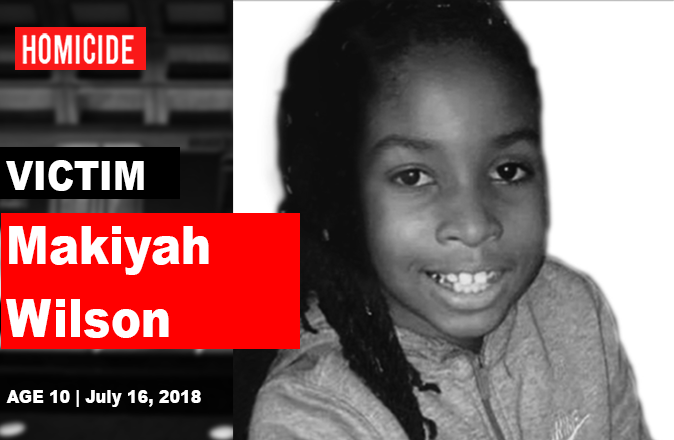
Thank you for reading D.C. Witness. Help us continue our mission into 2024.
Donate NowBy
Christopher Sivak [former]
- April 11, 2023
Court
|
Daily Stories
|
Homicides
|
Juveniles
|
Shooting
|
Suspects
|
Victims
|
During a trial on April 10, the prosecution called a finger print expert who match fingerprints from a car to the murder defendants.
Gregory Taylor, 26, Quentin Michals, 25, Qujuan Thomas, 24, Darrise Jeffers, 23, Isaiah Murchison, 22, and Marquell Cobbs, 21, are six of 10 defendants charged with first-degree murder, criminal street gang affiliation, conspiracy, possession of a firearm during a crime of violence, assault with intent to kill, and other charges regarding a fatal drive-by shooting that resulted in Makiyah’s death. The shooting happened on the 300 block of 53rd Street, NE on July 16, 2018.
The fingerprints analyzed were retrieved from a Honda that was allegedly used to transport one of the victims of the shooting to a local hospital.
According to a special police officer, a car approached the ambulance entrance at George Washington University Hospital. There was allegedly a person in the car who was injured. The officer told Metropolitan Police Department (MPD) officers that he went back into the hospital to get medical personnel, but when he returned, the third person was gone.
The prosecutor showed surveillance footage of the incident described by the officer. The officer’s testimony lined up with the footage, although there was one discrepancy.
The surveillance footage shows the third individual placing an object behind a pillar, which was out of sight of the witness.
The fingerprint expert was able to match Michaels, Cobbs, Murchison, and Taylor’s fingerprints to those on the car.
In a photograph of the fingerprints, there were different colored dots which indicated where the witness felt confident there was a match or not confident, with some levels in between.
During cross examination, the defense asked the witness why he did not see a match in one photograph but still made an identification against one of the defendants.
The witness said the inconsistency could result from a number of possibilities and that there were too many other similarities to not make an identification.
However, one of Murchison’s defense attorney said fingerprint experts have made mistakes in the past and are not always 100 percent correct.
The trial is scheduled to continue on April 11.
Follow this case